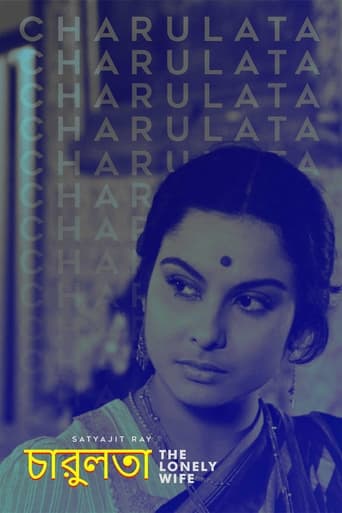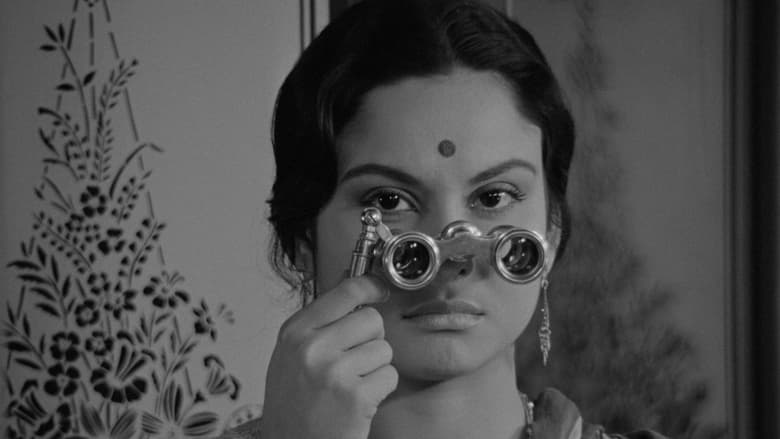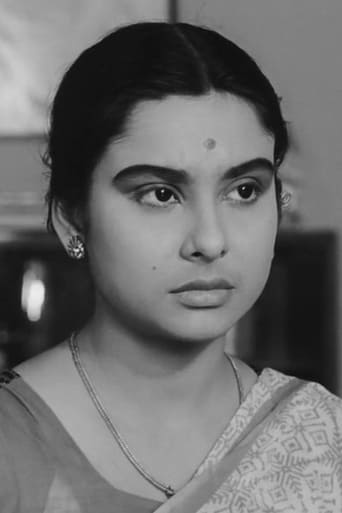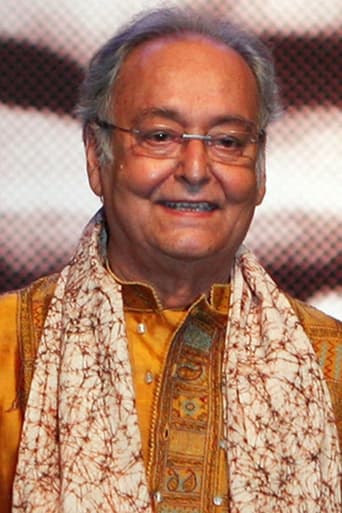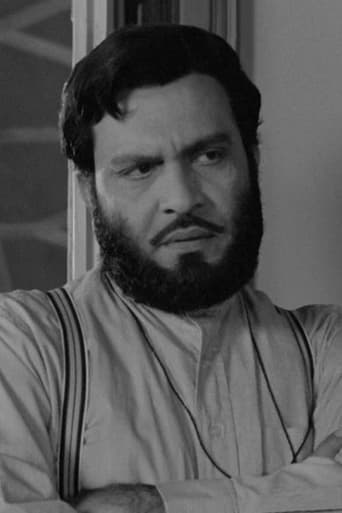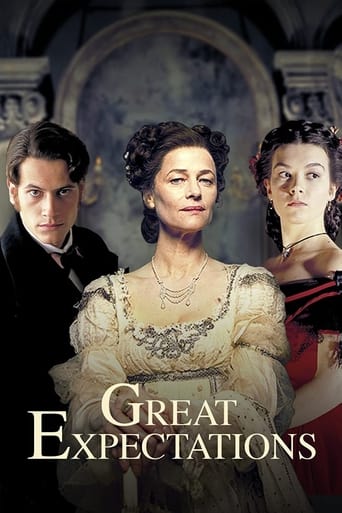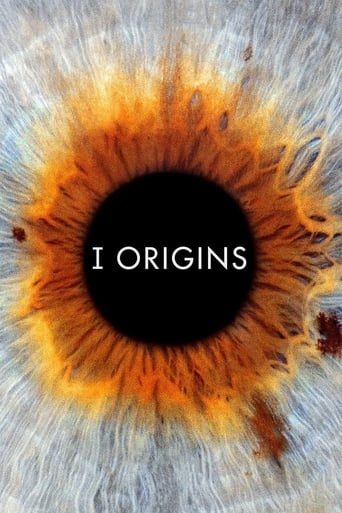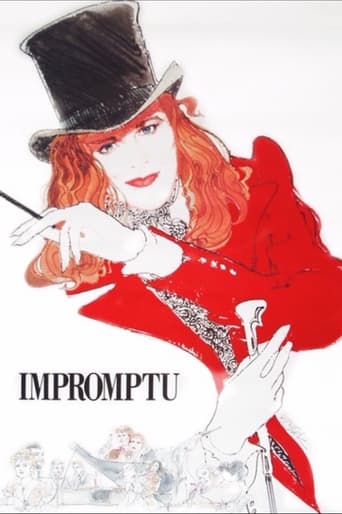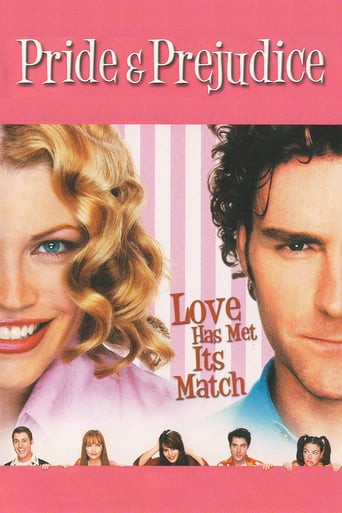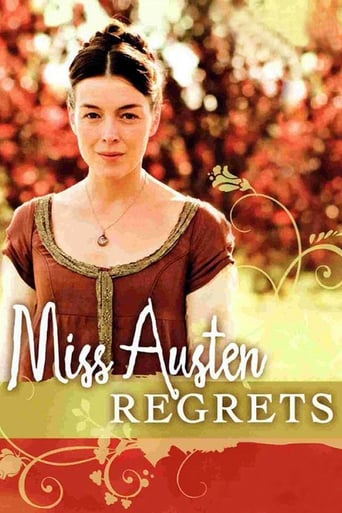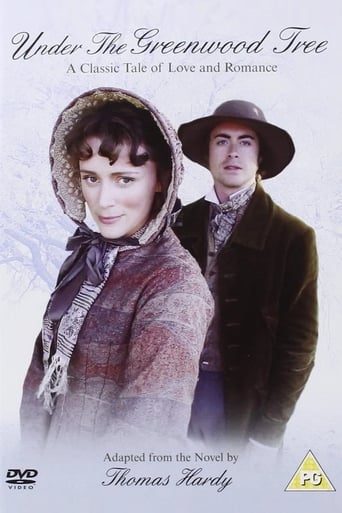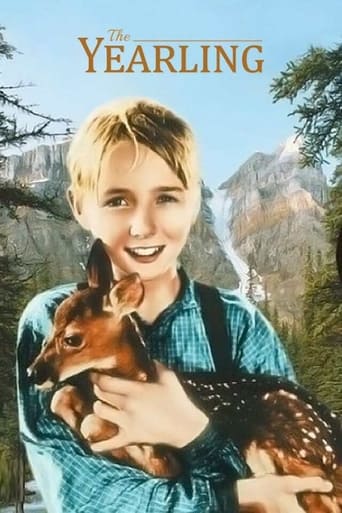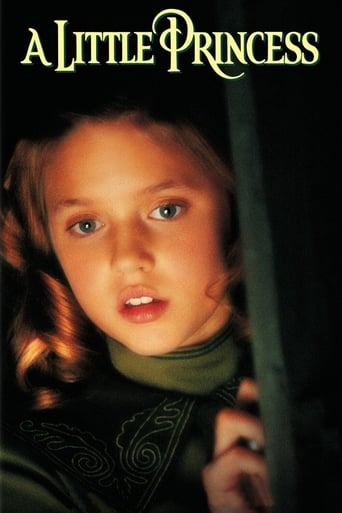Charulata (1974)
In 1870s India, Charulata is an isolated, artistically inclined woman who sees little of her busy journalist husband, Bhupati. Realizing that his wife is alienated and unhappy, he convinces his cousin, Amal, to spend time with Charulata and nourish her creative impulses. Amal is a fledgling poet himself, and he and Charulata bond over their shared love of art. But over time a sexual attraction develops, with heartbreaking results. Preserved by the Academy Film Archive in partnership with The Film Foundation and Merchant and Ivory Foundation in 1996.
Watch Trailer
Cast


Similar titles
Reviews
I was totally surprised at how great this film.You could feel your paranoia rise as the film went on and as you gradually learned the details of the real situation.
I gave this film a 9 out of 10, because it was exactly what I expected it to be.
Watch something else. There are very few redeeming qualities to this film.
I think this is a new genre that they're all sort of working their way through it and haven't got all the kinks worked out yet but it's a genre that works for me.
This beautiful film from Director Satyajit Ray has a lot of things going for it, the story of repressed passion, of course, but also elements of philosophy and politics, as well as some absolutely sumptuous sets. Based on Tagore's novella 'Nastanirh', which itself was based on Tagore's own attraction to his brother's wife, 'Charulata' tells the tale of the growing attraction between a cousin (Amal, played by Soumitra Chatterjee) who visits a newspaper publisher (Shailen Mukherjee), and the publisher's wife, Charulata (Madhabi Mukherjee). The pair are encouraged to spend time together by the publisher, who loves his wife but is too busy with his job to spend time with her, and the feelings they begin to have are subtle and begin with discussions of writing. There are some nice moments with Amal singing to Charulata, as well as a fantastic scene with her swinging while he lays in the grass beside her. This is a subtle, deft, perfectly told story; the betrayal is contained to emotions, not physical acts, and is more powerful as a result. All of the actors turn in excellent performances, and Ray's direction is brilliant. The philosophical moments elevate the film ala Bergman, and here are a couple of quotes:"I was thinking all of life is like a rhythm. Birth death. Day night. Happiness sorrow. Meeting parting. Like the waves on the ocean, now rising now falling. One complements the other." "Even as Prince Abhimanyu, while still in the womb, learned only how to penetrate enemy formations, but not how to withdraw. So a river, emerging from the mountain's rocky womb, can only advance and knows not how to turn back. O river! O youth! O time! O world! You too can only march onward. You never turn back along the path strewn with memory's gilded pebbles. Only the mind of man looks back. The rest of creation never does."
I've never before been so impressed with Ray's use of camera movement. He and DP Subrata Mitra create master shots that become close-ups with a subtle virtuosity that both impresses without aesthetically forcing itself on the fragile drama of the narrative. Close-ups are, indeed, imperative to this film. It's all about the repressed desires of the subjects of 19th century, colonialized India, and the most profound and intimate impulses of its characters are never stated but communicated through facial expressions. The acting, in this respect, is extraordinary, especially from Madhabi Mukherjee, who plays the title character, a house wife of a workaholic husband who possesses an unexplored literary gift which is ignited by her attraction to her husband's poet cousin. The lighting is also exceptional. Ray and Mitra create motion pictures that look like the still photographs of the film's temporal setting. Shots that depict two characters highlight the longing, and distance, between the figures. Ray's use of still frames to semi-tell of moments of extreme intimacy feel all the more natural as a result of the lighting scheme.
Apart from the sophisticated acting and cinematography, this film carries very deep social and moral messages which are not dumped on the viewer in a preachy manner. However, Charulata has been criticised often to be slow in its pace. As a Bengali, I have watched this movie multiple times while growing up and frankly I never understood the movie. In the age of Facebook and Twitter, I used to think that there is hardly a relevance of a story set in 19th century Bengal. On the contrary, I now find the movie highly thoughtful and deeply affecting. Certainly, I get the historical context better and I am an adult with my own experiences in love and betrayal but there's something else. Charulata is by no means slow paced. Rather, its pace aptly conveys the humdrum life of the title character - a lonely wife. I am not a woman but I believe that the refined feminist references in this film would be better interpreted by a woman critic. Whether or not you are aware of the impact of Bankim Chandra's literary works on Bangla society. Charulata is the interplay of inner feelings and insecurities that creep into our lives. Charulata is the realisation that no matter what our intentions may be, our relationships are as fragile as a bird's nest and a strong wind can take it down easily. Although we may not hear the sound of a relationship breaking, we know that things will never be the same. The original story on which this movie is based was by Rabindranath Tagore and conspicuously named 'Nashta-Nirh' (Broken Nest). I think Tagore wrote the story with a slight autobiographical connotation where he identified himself as a young struggling writer Amal in the shadow of Bankim Chandra who was an established writer when Tagore was still unknown. Tagore's personal attachment towards his elder brother's wife and the very important role of his elder brother in his life also seem to echo through this story. Nonetheless the film beautifully captures the essences of Tagore's story and says more than one could possibly fathom in a single viewing.
Plot: In 1890s India, a wife's relationship with her cousin-in-law disrupts the stability of the whole household.Review: The first ten minutes of this movie are simply of bored housewife, Charulata (Madhabi Mucherjee), wandering about her apartment. It is mesmerising. Other characters appear one by one, all members of her extended family. A male cousin-in-law is something of a soul mate, and they mutually encourage each other to start writing as a pastime, but when he decided to publish his work relationships subtly change.Actually, I wasn't always exactly sure what was going on. I think there were some cultural subtexts at play that I am not at privy to. I was afraid that I might have picked up something tedious, but it was nothing of the sort. It is a beautiful movie. There is a humour and lightness of touch that is very refreshing. I particularly liked the contrast between the newspaper editor husband who clearly takes his work very seriously, and the lack of fulfilment or focus in other people's lives around him. Acting, cinematography, lighting, sound, locations, shot composition, all are done so well, and the story is accessible enough to make it enjoyable to any audience. It's the kind of movie that leaves a pleasurable feeling afterwards, knowing that one has watched something of quality, even if one is not exactly sure why.

